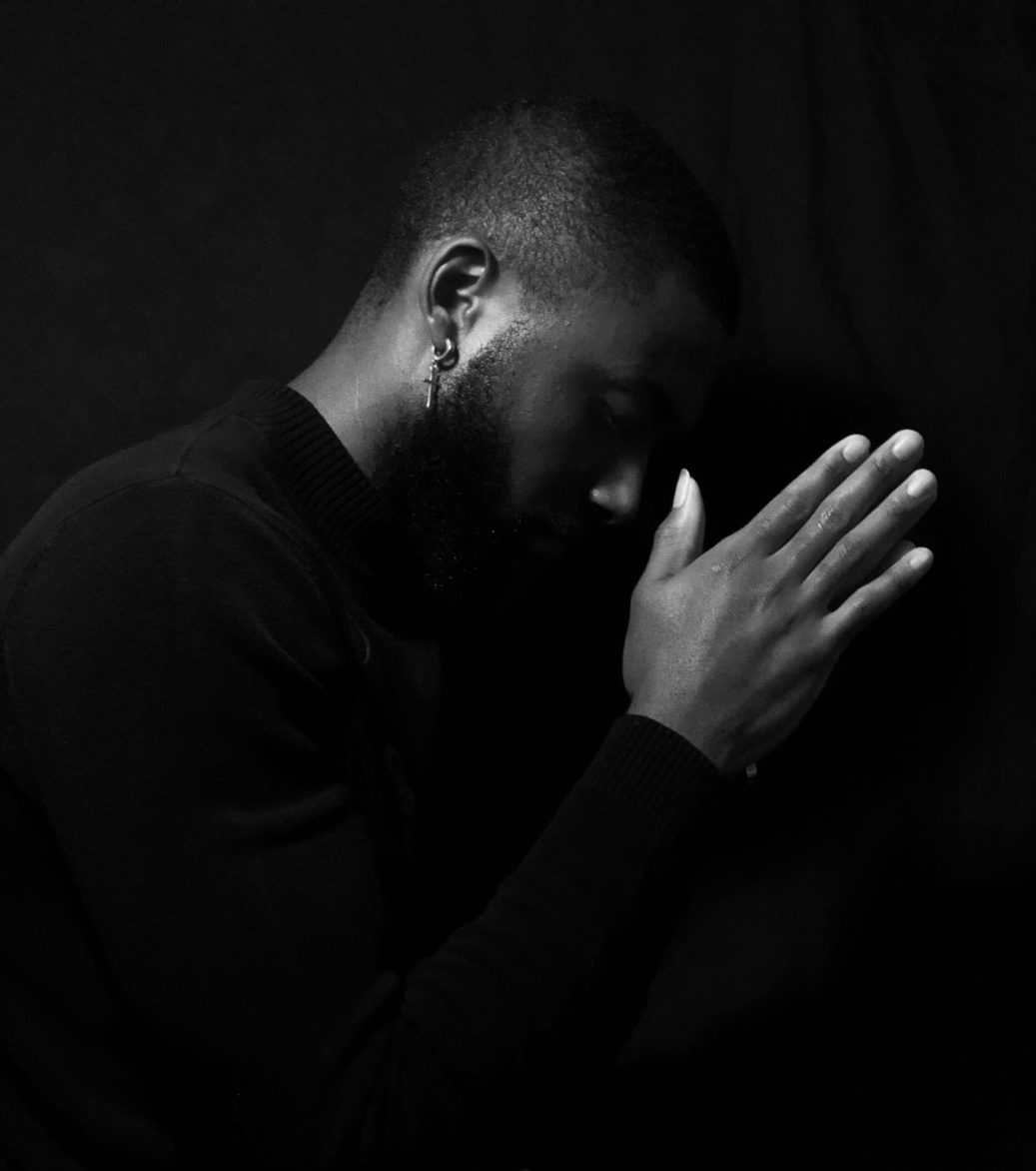A son’s suicide tests his father’s faith
Sunday in April.
I am driving home from an awesome worship service where God was proclaimed as the risen Lord who wants to come in and reconstruct our broken lives—particularly mine. As I listen to the hauntingly beautiful music our eldest son composed, I feel drawn to reconnect in a tangible way with our 25-year-old son, Mikael, who took his life two-and-a-half years ago.
I drive to the park where an oak tree was planted in honour of his memory, and then to the plot where his ashes are buried.
The oak tree still looks bare, scrawny and dead. I don’t think it’s grown an inch since we planted it soon after Mikael died. I immediately draw a parallel between that young, slow-growing oak and the enormity of my grief which continues to be raw and fresh. I still feel hopeless, pitiful.
Since our tragic loss, there hasn’t been a day when I stopped thinking about our son and lamenting his untimely death.
Since the day Mikael left this world, the sun hasn’t shone for me. I have lost my joy and passion in most things I once enjoyed. I merely exist in a monochromatic sepia world drained of living colour. I find the present difficult to bear and fear what other pain the future might bring.
I am changed. I am no longer who I was. This persistent self-diagnosis frightens me.
I had a close relationship with Mikael, as I do with our other three sons. But, Mikael tugged at my heart in a special way. Debbie, my wife, and I became shockingly aware of the severity of our son’s mental illness a year earlier after his first attempt to take his own life failed. He spent several weeks in a psych ward while we made arrangements to move him back home with us.
Mixed memories
During the months before his death, Mikael and I did many things together. We went on canoe and hiking trips in a provincial park. On hot summer days, our neighbours would see the pair of us sitting on the front lawn, reading and enjoying a cold drink between us.
On school days, I drove him to the university before going to work. We talked. He confided in me about his spiritual struggle as he walked through his “dark night of the soul.” I encouraged him to take life’s struggle one day at a time.
These precious reminiscences of my son play and replay like a slide show in my mind. I miss him desperately each day. Ironically, even the happy memories grieve me deeply because they are merely memories of the past, not life in the living. But, what really hurts is my regret that during the children’s formative years I chose to pour my time, attention and energy into my work instead of into my family.
Yes. Many regrets! Yet many happy memories!
I wonder if my life, at its conclusion, will be reduced to a series of memories, both happy and unhappy.
My tussle with God about why Mikael died continues daily. My mental wrestling and hoarse laments are—ultimately—my own deep-seated struggle with my own faith in a loving Father-Creator-Redeemer-God.
Not long after Mikael died, as I once again put my daily question to God— “Lord, where is my son?”—both God and Mikael responded in unequivocal black-and-white. I was using Mikael’s Bible, reading 1 Thessalonians 4:13-17, where Paul shares his belief about those who die in the Lord.
In his inimitable tiny hand-writing, Mikael had written beside the verses in the margin: “Dead will go to heaven before living.”
Cool! Very cool!
Since Mikael died I’ve been writing laments about my son. As I read and reread what I’ve written, I’m beginning to notice a tentative rising of living hope out of the ashes of grief. I see it especially in a couple of stanza of the one I’ve entitled, “Tears are not enough.”
In the midst of my loss
Unimaginable pain
Unfathomable grief
I behold your radiant countenance
Smiling broadly into His.
I smile and shudder
To ever doubt that
His grace is more than enough
For here, now, and eternity.
Is that not sufficient for me for now? This pilgrim is making progress.
About


